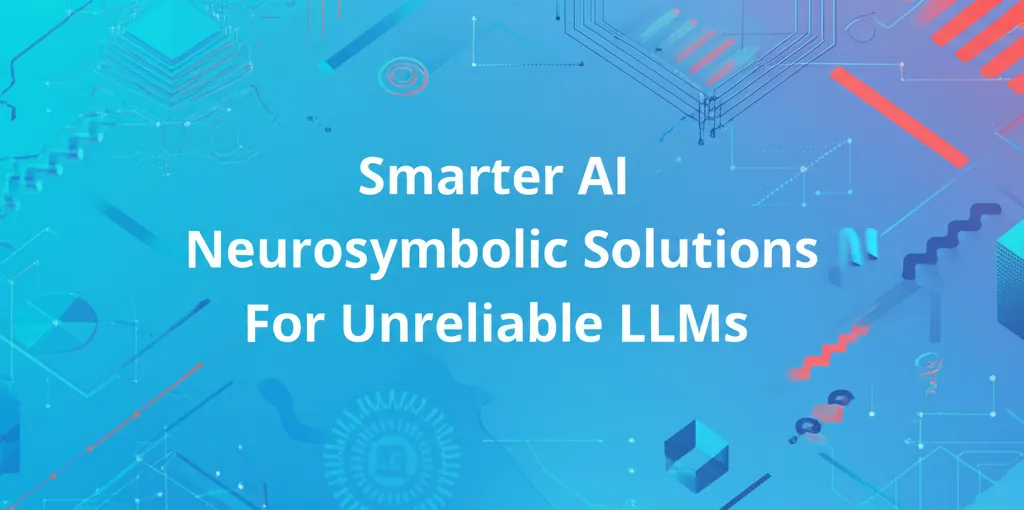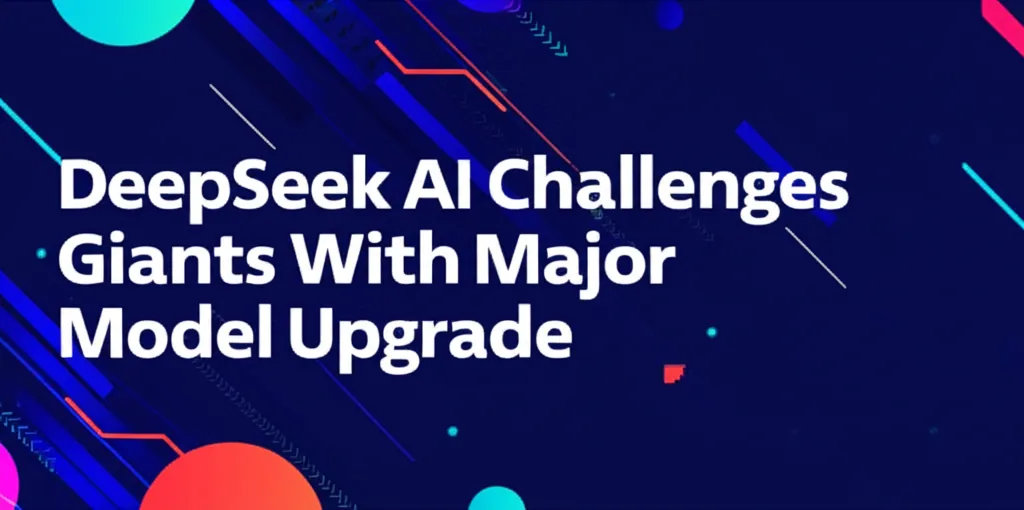Offre pour développeurs
Essayez l'API ImaginePro avec 50 crédits gratuits
Créez des visuels propulsés par l'IA avec Midjourney, Flux et plus encore — les crédits gratuits se renouvellent chaque mois.
AI In The Clinic How Doctors Use ChatGPT Today
The Evolving Role of AI in Medical Practice
Just a few years ago, a common question was whether patients should worry about doctors using online resources like YouTube and Google. Now, the conversation has shifted: As physicians increasingly turn to AI assistants like ChatGPT, a new question arises – should you be worried?
How Widespread is ChatGPT Use Among Doctors?
It might be more common than many realize. Technology entrepreneur Jonas Vollmer shared that a physician friend disclosed to him that "most doctors use ChatGPT daily. They routinely paste the full anonymized patient history (along with x-rays, etc.) into their personal ChatGPT account."
Anecdotal evidence from my own discussions with colleagues seems to support this, suggesting that younger physicians are particularly inclined to integrate AI tools into their regular practice more so than their older counterparts.
The Potential Benefits of AI in Diagnostics
AI tools, including ChatGPT, Grok, Claude, and other large language models (LLMs), can offer significant assistance to physicians. This is especially true when used after a comprehensive patient history has been taken and a thorough physical examination conducted. Physicians can then input patient signs and symptoms with medical precision, allowing the AI to analyze the information.
One key advantage is the AI's ability to suggest diagnoses that a physician might not have initially considered. For instance, Jonas Vollmer highlighted a scenario where, in a busy urgent care setting, a patient might be using "alternative medicines" with uncommon side effects. These side effects may not be well-documented in standard medical texts but could be noted in recent online articles or forums accessible to an AI. In this capacity, ChatGPT serves as a valuable extension of a physician's capabilities, not a substitute for them.
The Crucial Role of Physician Oversight
It's paramount to remember that the ultimate responsibility for any diagnosis lies with the physician. They must use their human judgment to confirm any novel hypotheses suggested by AI, potentially by ordering additional tests to validate a diagnosis.
There have even been reports from patients themselves, not medical professionals, detailing how ChatGPT helped diagnose conditions for themselves or their loved ones after years of eluding traditional medical diagnoses.
Furthermore, numerous studies indicate that AI tools like ChatGPT can demonstrate surprisingly strong diagnostic capabilities when provided with patient case reports.
Navigating Privacy and Consent with AI in Medicine
Naturally, physicians must exercise caution and strictly adhere to all applicable medical privacy laws in their respective regions. It may also be prudent for them to obtain explicit patient consent before processing anonymized patient data through AI systems. Current medical practice allows physicians to seek second opinions from colleagues, provided privacy regulations are respected. Similar guidelines should logically extend to consultations involving AI.
AI in Medicine: A Parallel to Autonomous Vehicles
The integration of AI in medicine can be compared to the performance of AI in driverless cars. For example, Waymo's driverless taxis operate in select cities like Los Angeles with safety records comparable to, or even exceeding, human drivers within specific operational limits. Similarly, Tesla owners using self-driving features can often rely on the AI for safe navigation, yet they must remain vigilant and ready to intervene in emergencies. While autonomous vehicles are not yet capable of replacing human drivers in every scenario, such as navigating icy mountain roads in winter, their technology is advancing quickly.
The Future Standard of Care: AI as a Diagnostic Partner?
Following this trajectory, it's conceivable that we could soon arrive at a point where a physician who chooses not to use an AI consultant to help verify diagnoses might be seen as practicing below the accepted standard of care. While this isn't the current reality, it's a plausible development in the coming years.
What Patients Can Do
If you're curious about whether your physician uses tools like ChatGPT, it's perfectly reasonable to ask them. If you feel comfortable, you could even suggest they try inputting your anonymized patient intake notes into ChatGPT to see what insights it might offer.
Key Takeaways
In summary, AI tools like ChatGPT can be incredibly beneficial for physicians. However, this is contingent upon the doctor maintaining ultimate responsibility for final diagnoses and treatment plans, and strictly adhering to all relevant privacy regulations.
Comparer les plans et tarifs
Trouvez la formule adaptée à votre charge de travail et débloquez l'accès complet à ImaginePro.
| Plan | Tarif | Points clés |
|---|---|---|
| Standard | $8 / mois |
|
| Premium | $20 / mois |
|
Besoin de conditions personnalisées ? Parlons-en pour ajuster crédits, limites ou déploiements.
Voir tous les détails tarifaires

